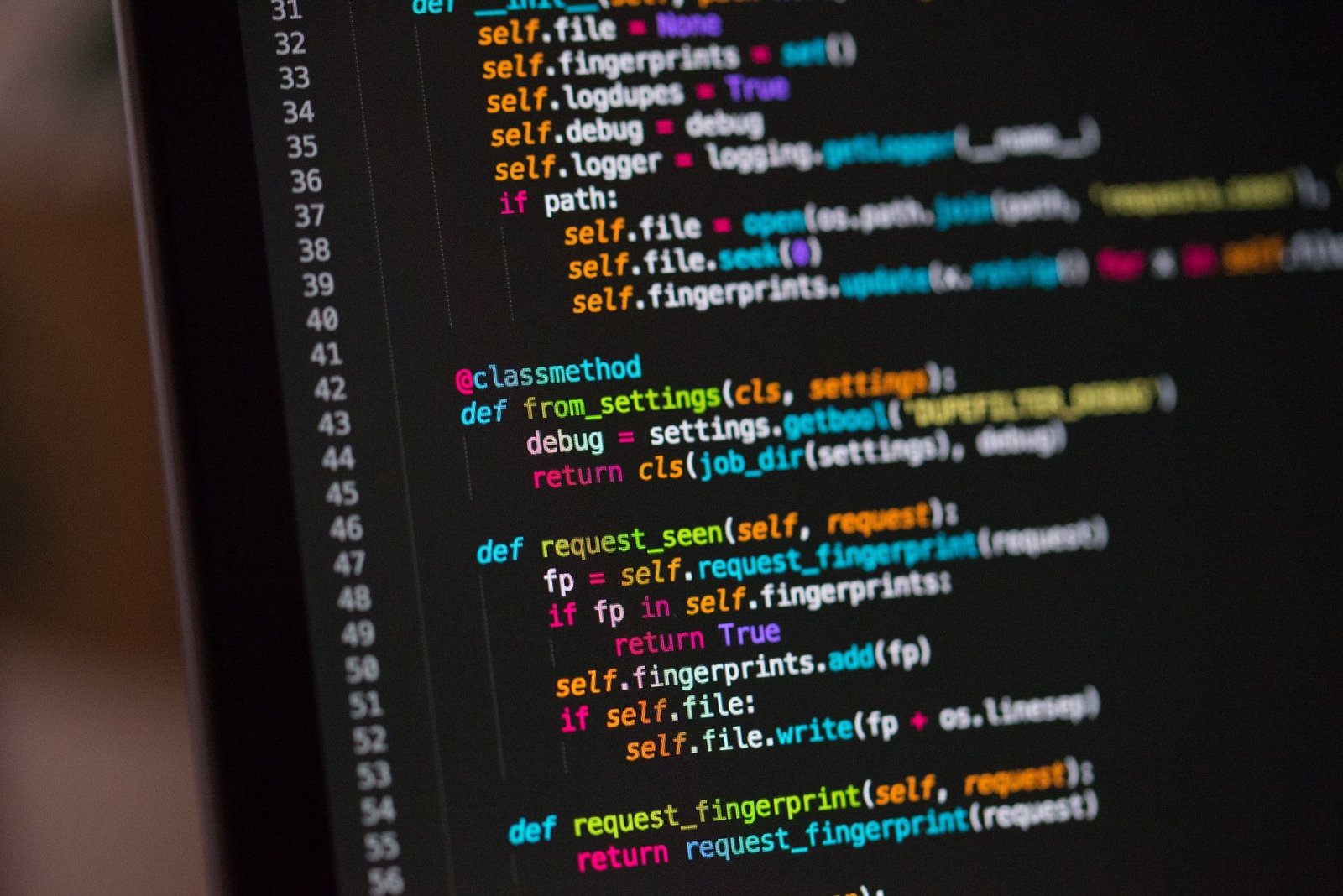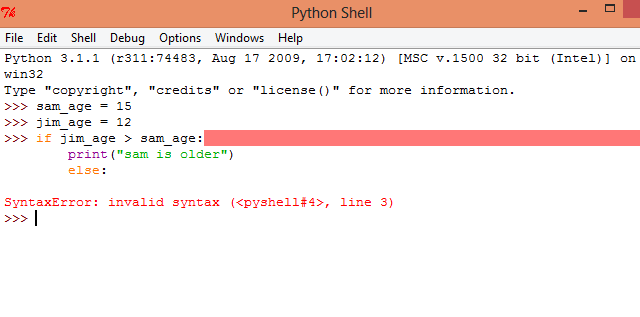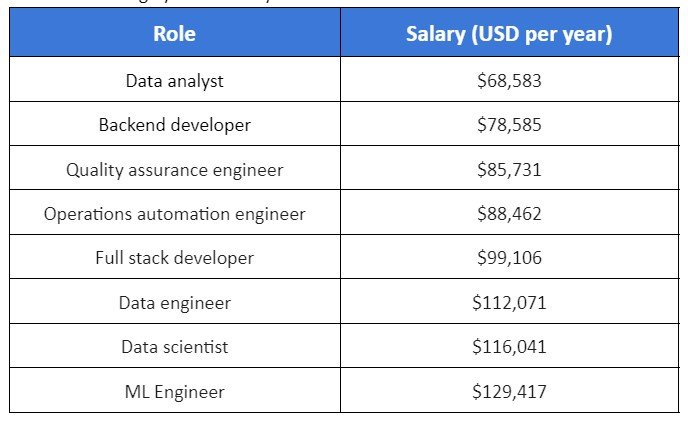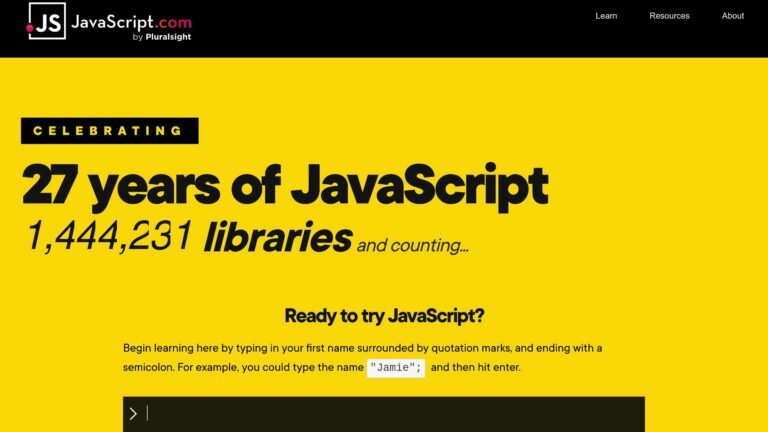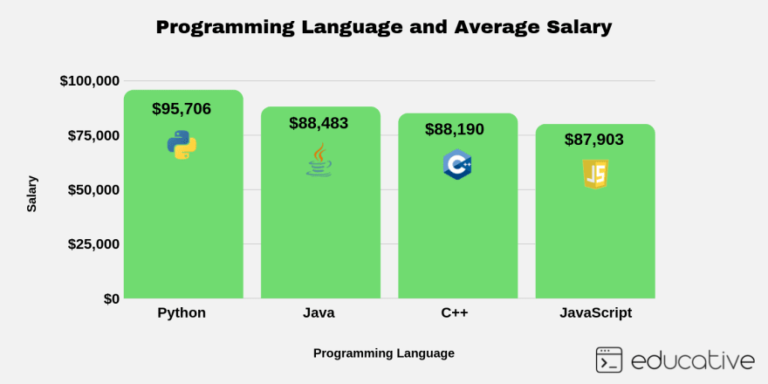How to Learn Python Language at Home for Free: Ultimate Guide
You can learn Python at home for free using online resources like tutorials, courses, and documentation. Start by exploring platforms like Codecademy, Coursera, and the official Python website.
Python is a versatile and beginner-friendly programming language. It is widely used in web development, data science, and automation. Free resources are plentiful, making it accessible for anyone wanting to learn. Websites like Codecademy and Coursera offer structured courses. The official Python website provides comprehensive documentation and tutorials.
Practice coding by working on small projects and exercises. Engage with online communities and forums for support and advice. Consistent practice and real-world application are key to mastering Python. With dedication and the right resources, you can become proficient in Python from the comfort of your home.

Credit: thevarsity.ca
Setting Up Your Environment
Learning Python at home is exciting and rewarding. To start, you need to set up your environment. Proper setup ensures you code efficiently and without errors. This guide will help you get started.
Installing Python
First, you need to install Python on your computer. Python is free and easy to install.
- Go to the Python website.
- Download the latest version for your operating system.
- Run the installer and follow the instructions.
Make sure to check the box that says “Add Python to PATH”. This step is crucial for running Python from the command line.
Choosing An Ide
An Integrated Development Environment (IDE) is software that helps you write code. A good IDE makes coding easier and more fun.
| IDE | Pros | Cons |
|---|---|---|
| PyCharm | Powerful, feature-rich | Heavy on system resources |
| VS Code | Lightweight, customizable | Needs extensions for Python |
| Jupyter Notebook | Great for data science | Not ideal for large projects |
If you are a beginner, start with VS Code or Jupyter Notebook. Both are free and easy to use.
To install VS Code:
- Visit the VS Code website.
- Download the version for your operating system.
- Install it by following the instructions.
To install Jupyter Notebook:
- Open your command line or terminal.
- Type
pip install notebookand press Enter. - To start Jupyter, type
jupyter notebookand press Enter.
Now your environment is ready for Python programming. Happy coding!

Credit: www.youtube.com
Free Online Resources
Learning Python at home for free is easier than ever. There are numerous free online resources available. These resources can help you master Python. Let’s explore some of the best options under this category.
Educational Websites
Several educational websites offer free Python courses. These websites provide structured lessons and exercises.
- Codecademy: Codecademy offers a free Python course. It is interactive and beginner-friendly.
- Coursera: Coursera provides free Python courses from top universities. You can audit courses without paying.
- edX: edX features free Python courses from institutions like MIT. You can access all course materials for free.
Youtube Tutorials
YouTube is a treasure trove of free Python tutorials. Many educators and developers share their knowledge for free.
- Corey Schafer: Corey Schafer’s channel offers in-depth Python tutorials. His lessons are clear and comprehensive.
- Programming with Mosh: Mosh Hamedani’s channel is great for beginners. His Python tutorials cover fundamental concepts.
- freeCodeCamp.org: freeCodeCamp provides full-length Python courses. Their videos are detailed and beginner-friendly.
Using these free online resources, anyone can learn Python at home. Start your Python journey today with these amazing tools.
Learning Through Practice
Learning through Practice is a key method to master the Python language. By engaging in real-world coding tasks, you cement your knowledge and develop problem-solving skills. This hands-on approach makes learning more effective and enjoyable. Here are two ways to practice Python for free at home.
Coding Challenges
Coding challenges are excellent for learning Python. They help you apply concepts and think critically. Many websites offer free coding challenges. Some popular ones include:
- LeetCode: Offers a variety of Python problems.
- HackerRank: Features Python challenges for all levels.
- Codewars: Provides community-driven coding tasks.
These platforms often provide immediate feedback. This helps you learn from mistakes and improve quickly. Many challenges have solutions and discussions. These can be a great learning resource.
Open Source Contributions
Contributing to open source projects is another way to learn Python. It offers real-world experience and helps you understand how large projects work. Here are steps to get started:
- Find a project on GitHub or GitLab.
- Look for beginner-friendly tags like “good first issue”.
- Read the project’s contribution guidelines.
- Fork the repository and make your changes.
- Submit a pull request for review.
Contributing to open source projects allows you to work with other developers. You can learn best practices and improve your coding skills. Plus, it’s a great way to build a portfolio.
Interactive Learning Tools
Learning Python at home has never been easier thanks to interactive learning tools. These tools make coding fun and engaging. They offer immediate feedback and hands-on experience.
Online Compilers
Online compilers are essential for learning Python. They allow you to write and run code directly in your browser. This means you don’t need to install Python on your computer.
Some popular online compilers include:
- Repl.it: Offers a simple interface and supports many languages.
- OnlineGDB: Great for beginners, with debugging tools.
- JDoodle: Fast and easy to use, perfect for quick tests.
With these tools, you can practice coding anywhere. Just open your browser and start coding!
Code Playgrounds
Code playgrounds are another fantastic tool for learning Python. They provide an environment where you can test and share your code. They also include features to make coding more enjoyable.
Some top code playgrounds are:
- PythonAnywhere: Offers a full Python environment in the cloud.
- Google Colab: Excellent for learning and sharing Python notebooks.
- Trinket: Ideal for beginners, allowing you to embed code in websites.
Code playgrounds often come with tutorials and examples. These resources help you understand concepts better. You can also collaborate with others, enhancing your learning experience.
| Tool | Key Features |
|---|---|
| Repl.it | Simple interface, supports many languages |
| OnlineGDB | Debugging tools, beginner-friendly |
| JDoodle | Fast, easy to use |
| PythonAnywhere | Full Python environment, cloud-based |
| Google Colab | Python notebooks, shareable |
| Trinket | Embeddable code, great for beginners |
Using these interactive learning tools will boost your Python skills. They provide a fun and effective way to learn at home for free.
Building Projects
Learning Python at home can be fun and rewarding. One effective way is by building projects. Projects help you apply what you learn in real situations. They also make learning more engaging and practical.
Beginner Projects
Start with simple projects. These will help you understand the basics.
- Calculator: Create a basic calculator using Python. This project helps you learn arithmetic operations.
- To-Do List: Build a simple to-do list application. This will teach you how to manage lists and user input.
- Number Guessing Game: Write a game where the user guesses a number. This is a fun way to learn loops and conditionals.
Intermediate Projects
Once you have the basics down, try more advanced projects.
- Web Scraper: Create a program to scrape data from websites. This will help you learn about libraries like Beautiful Soup.
- Chat Application: Build a simple chat app. This project will introduce you to networking and sockets.
- Personal Blog: Develop a blog using a web framework like Flask or Django. This is a great way to learn about databases and web development.
Building projects is an excellent way to learn Python. Start with Beginner Projects to grasp the basics. Then move on to Intermediate Projects to deepen your skills.
Community And Support
Learning Python at home can be exciting and rewarding. A strong community and support system can make your journey easier. Connecting with others helps you grow your skills faster.
Online Forums
Online forums are great for finding help and sharing knowledge. Popular forums include:
- Stack Overflow: A large community of developers ready to help.
- Reddit: Subreddits like r/learnpython offer advice and resources.
- Python.org: The official Python forum with expert guidance.
These forums let you ask questions and share your projects. You can also read solutions to common problems.
Social Media Groups
Social media groups can be a powerful resource. They provide real-time support and interaction. Some popular groups include:
- Facebook Groups: Join groups like Python Programmers and Python Developers.
- LinkedIn Groups: Connect with professionals in Python Enthusiasts and Python Developers.
- Twitter: Follow hashtags like #Python and #LearnPython for tips and news.
These groups often share tutorials, articles, and coding challenges. You can also network with other learners and experts.
Consistency And Motivation
Learning Python at home for free can be challenging. Maintaining consistency and motivation is key to success. Let’s explore how to stay focused and driven.
Setting Goals
Setting clear goals helps in tracking progress. Start with small, achievable tasks. For example:
- Learn Python basics in two weeks.
- Complete one coding project in a month.
- Join an online coding community.
Write down your goals and keep them visible. This will remind you to stay on track.
Tracking Progress
Tracking progress keeps you motivated. Use a journal or a spreadsheet. Record what you learn daily. Here’s a simple table to help:
| Date | Topic | Hours Spent | Notes |
|---|---|---|---|
| 01/01/2023 | Python Basics | 2 hours | Learned about variables and data types. |
| 02/01/2023 | Functions | 1.5 hours | Practiced creating and calling functions. |
Review your progress weekly. Adjust your goals if needed.
Stay consistent and motivated in your Python learning journey. Happy coding!
Advanced Learning
Once you’ve mastered the basics of Python, it’s time to dive into advanced learning. This phase focuses on deepening your knowledge and skills. You will explore specialized libraries and take on complex projects.
Specialized Libraries
Specialized libraries can greatly enhance your Python programming skills. These libraries are designed for specific tasks. They help you work more efficiently and effectively. Here are some popular specialized libraries:
- NumPy: Excellent for numerical computations and working with arrays.
- Pandas: Ideal for data manipulation and analysis.
- Matplotlib: Perfect for creating static, animated, and interactive visualizations.
- TensorFlow: Great for machine learning and neural networks.
Use these libraries to solve real-world problems. Practice makes perfect. Try small projects using each library. Learn their functionalities and features.
Complex Projects
Working on complex projects will push your Python skills to the next level. Choose projects that challenge you and require problem-solving. Here are some ideas:
- Build a web scraper to gather data from websites.
- Create a personal finance tracker using Pandas and Matplotlib.
- Develop a simple machine learning model with TensorFlow.
- Design a chatbot using Natural Language Processing (NLP) libraries.
Break down your projects into smaller tasks. This makes them easier to manage. Document your progress. Share your projects on platforms like GitHub. This helps you gain feedback and improve your skills.
Remember to experiment and explore. Advanced learning in Python is an ongoing journey. Happy coding!

Credit: skillcrush.com
Frequently Asked Questions
How Can I Start Learning Python For Free?
There are numerous online resources to learn Python for free. Websites like Codecademy, Coursera, and edX offer free Python courses. Additionally, YouTube has many tutorials.
What Is The Best Free Python Course?
The best free Python course can vary. However, “Python for Everybody” on Coursera is highly recommended. It covers basics to advanced topics.
Can I Learn Python At Home?
Yes, you can learn Python at home. Use free online resources, practice coding daily, and join online communities. Consistency is key.
Which Websites Offer Free Python Tutorials?
Websites like Codecademy, Coursera, edX, and YouTube offer free Python tutorials. They provide structured lessons and practical exercises.
Conclusion
Mastering Python at home for free is achievable with dedication and the right resources. Utilize online tutorials, free courses, and coding communities. Consistent practice and real-world projects will enhance your skills. With patience and persistence, you’ll become proficient in Python, opening doors to numerous career opportunities.
Start your Python journey today!

